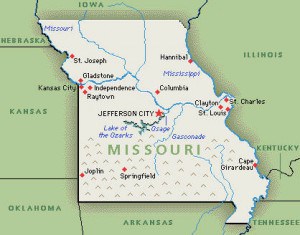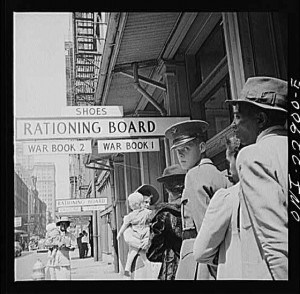As the Canadian Radio-television and Telecommunications Commission enters into the second week of hearings on Internet Overcharging, there have really only been a few minor surprises.
First, and most importantly, when voting consumers pay attention, regulators start asking questions and get aggressive. This is the same commission that only a year ago gave the green light to wholesale usage-based billing (UBB) — a practice that would guarantee every ISP in Canada dropped flat rate Internet service. After a half-million Canadians signed Openmedia.ca’s petition opposing UBB, the Harper government (and the opposition parties) got interested, and the Commission got an earful from Industry Minister Tony Clement, who was simply appalled at this kind of Internet pricing.
Second, this round of CRTC hearings has found Bell — UBB’s biggest proponent — largely unrepentant. It still supports charging people for their usage, even as the company’s foundation for that premise — bandwidth congestion — erodes away. Providers can claim anything they like, but they cannot invent facts. By Friday, most of the commissioners realized what consumer advocates had been saying all along — there is no great bandwidth crisis in Canada. No data tsunami. No exaflood in the zettabyte era. Growth is exponential to be sure, and Canadians have a passionate affair with their Internet connectivity, but one that remains easily managed when providers make regular, affordable investments in upgrading their networks.
Bell’s week-long contention that congestion pricing was paramount to managing Canada’s bandwidth finally fell apart when CRTC Chair Konrad von Finckenstein noted Bell’s trinity of regional entities managed Internet usage completely differently, even though the traffic passed through the exact same network:
- 1) Bell Aliant, which provides service in the Atlantic provinces, has no usage caps at all.
- 2) Bell Quebec provides service with a considerably more generous usage allowance than given to those customers in Ontario, even those just on the other side of the border.
- 3) Bell Ontario’s usage cap is downright stingy compared with Quebec, most likely because it competes in Ontario with an equally stingy provider — Rogers Cable.
With these facts in evidence, Bell was finally forced to concede it was “competition” not “congestion” that brought three different treatments of Internet usage. So much for “network congestion.”
Bell’s competitors also hung the telecom giant out to dry when it was their turn to testify. Each in turn would claim that congestion presented no problems for their respective networks. Telus, Rogers and Shaw all denied they shared Bell’s usage problems. That is not to say any of them were in favor of restoring flat-rate Internet access.
Instead, they argued, UBB represented a combination of “stimulating investment” in broadband networks (already insanely profitable for all-comers) and “peak usage pricing,” a hybridized argument about congestion during peak usage periods. Since some wholesale broadband services are priced at peak capacity requirements, some argue UBB helps keep that peak usage manageable during prime time.
Unfortunately, the peak usage pricing argument undermines itself because Canadian providers enforce usage limits 24/7, not only during peak usage periods. This means there is no incentive for users to offload their heaviest usage to times when the network experiences low demand. Independent providers continue to argue “peak usage pricing” may be defensible in certain circumstances, but it’s not even a possibility under Bell’s proposed wholesale UBB scheme.
The record being constructed from Canada’s hearings have direct implications for Americans, as the basic business models for cable and phone providers are similar in both countries. The death rattle of the “congestion” myth is good news for North American broadband users who have long rolled their eyes at hysterical arguments about data floods and capacity crises.
The CRTC still needs to hear from some additional speakers, and we are under no illusion they will completely reverse themselves on Internet Overcharging schemes, but this represents a clear-cut case that consumers need not simply sit back and take abusive pricing. Consumer activism can make a real difference in the broadband policies of both the United States and Canada. It takes a concerted effort, but once a critical mass of consumers is achieved, the ability for providers to simply do as they please becomes a virtual impossibility.
That’s good news for all of us.
[flv width=”640″ height=”368″]http://www.phillipdampier.com/video/CBC UBB 7-11-11.flv[/flv]
CBC News covers the start of the CRTC hearings and what UBB pricing is doing to Canada’s Internet experience. (2 minutes)


 Subscribe
Subscribe






